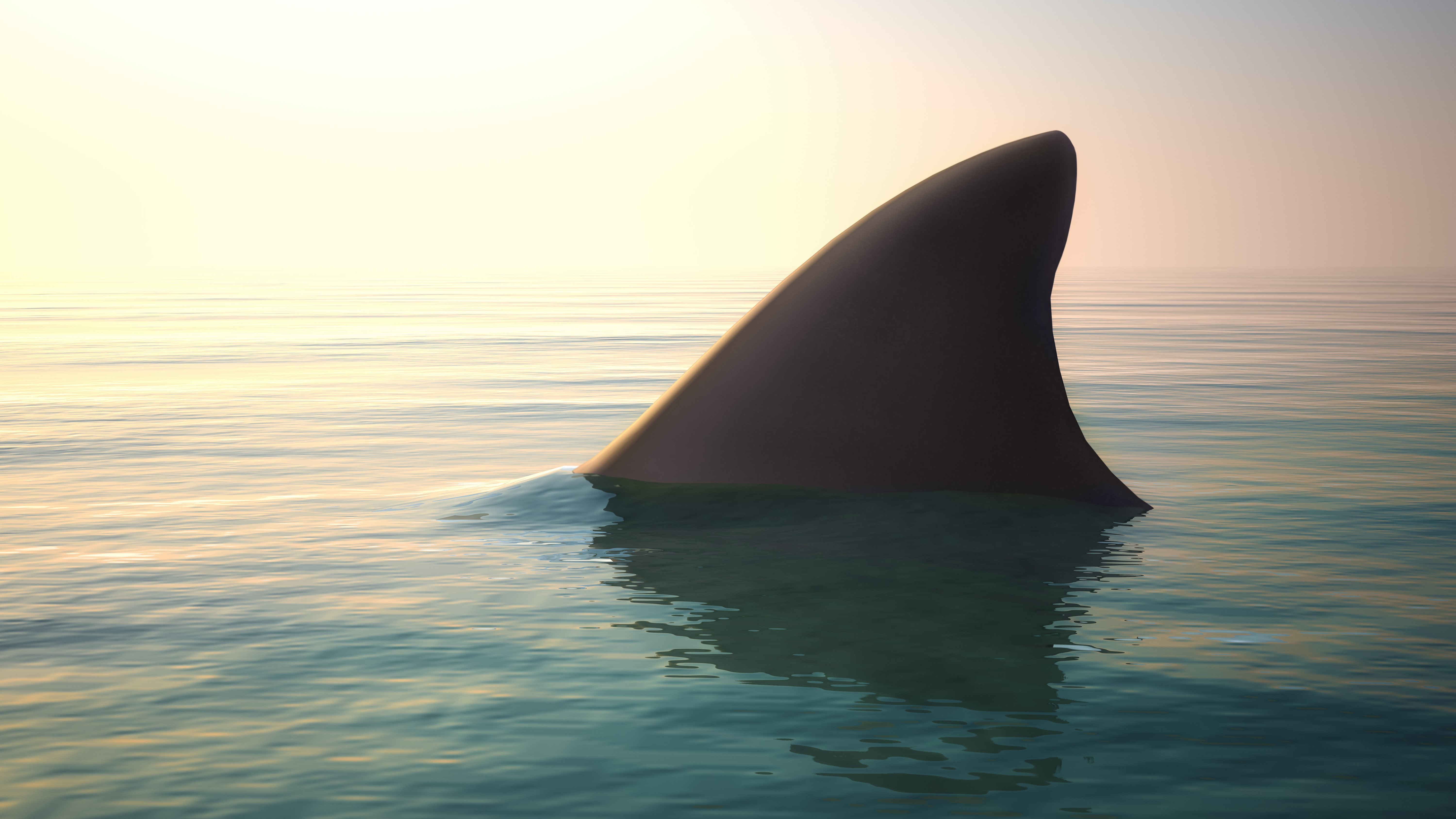Shark launches 3 attacks on surfer in Australia, in deadly and 'atypical' encounter
The victim was surfing off the coast of South Australia when a shark dragged him under. Bits of wetsuit were later found.

A shark in Australia has attacked and likely killed a man after repeatedly biting the victim and dragging him underwater. Eyewitnesses reported that the shark returned to the victim three times — an atypical behavior in what was already a rare attack.
Simon Baccanello, a 46-year-old teacher, was surfing off the coast of South Australia on May 14 when he vanished. He was one of a dozen surfers in the water at the time. One bystander, Jaiden Miller, who witnessed the attack, told the Adelaide Advertiser, “I saw his board tombstoning, which means he's underwater and his board's getting dragged under … trying to fight his way back up to the surface.
"He [Baccanello] was gone. [We] saw the shark just thrashing around out the back. The shark's obviously let go and come back and got him for a third time."
Related: In rare attack, great white shark decapitates diver in Mexico. But why?
In a statement released May 15, South Australia Police said the victim was presumed dead after emergency services failed to find his body but recovered a piece of wetsuit and pieces of white polystyrene believed to be surfboard material.
Fatal shark attacks are extremely rare. Globally there were five known fatal attacks in 2022, according to Florida Museum's International Shark Attack File.
Most shark attacks are the result of mistaken identity. From below, swimmers and surfers are almost indistinguishable from seals — sharks' favorite prey — research published in 2021 highlighted. In most cases, a shark will realize a person is not food and swim away. Blood loss after an attack is the main cause of fatalities.
Sign up for the Live Science daily newsletter now
Get the world’s most fascinating discoveries delivered straight to your inbox.
Gavin Naylor, director of the Florida Program for Shark Research at the Florida Museum, said a shark carrying out repeated attacks on one person is "atypical, but not unheard of."
"If the bite is motivated by predation or territoriality they can deliver an initial bite and then return to bite again," he told Live Science in an email. The reason for returning to a victim depends on the species involved, which in the recent incident is currently unknown.
"White sharks [Carcharodon carcharias], for example, often ambush seals with an initial 'surprise' bite from below and then wait for the animal to bleed and become weakened before going back (seals are formidable animals and can injure the sharks attacking them, so white sharks are prudent to keep out of their way until they become weaker)," Naylor said.
The emotional state of the animal will also affect how aggressive it is and whether it returns to bite again. "If a shark is excited and has been feeding where there are other sharks competing for limited food they may get 'amped up' and be more persistent/aggressive," Naylor added.
Baccanello would be the second person to be killed by sharks in Australia this year. Sixteen-year-old Stella Berry was killed by a bull shark (Carcharhinus leucas) in Swan River, Western Australia, after jumping into the water to swim on Feb. 4.

Hannah Osborne is the planet Earth and animals editor at Live Science. Prior to Live Science, she worked for several years at Newsweek as the science editor. Before this she was science editor at International Business Times U.K. Hannah holds a master's in journalism from Goldsmith's, University of London.










